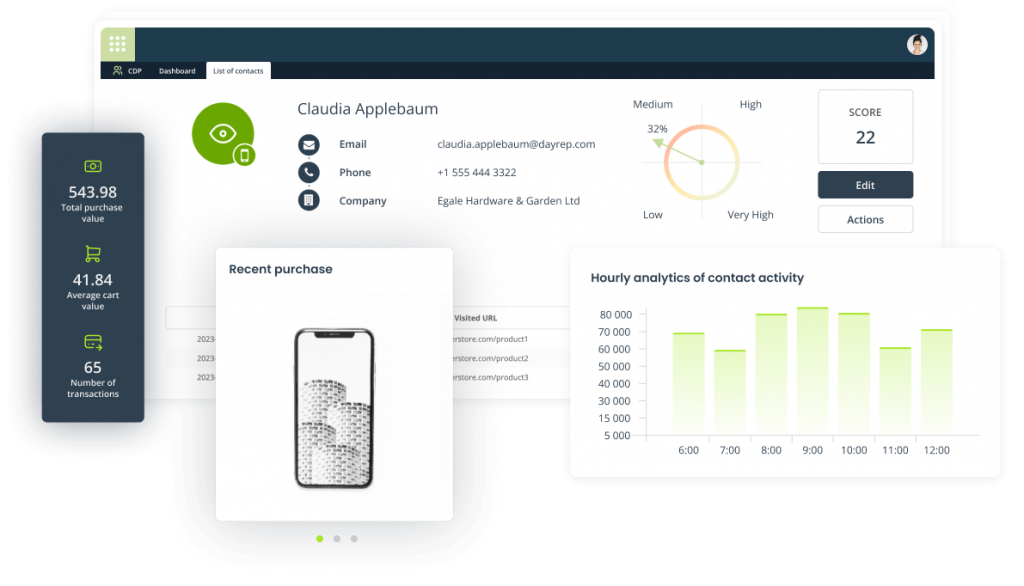
by Greg Blazewicz, CEO at SALESmanago
A heated debate has been ignited following an inaugural Gartner’s Magic Quadrant on Customer Data Platforms with Salesforce being named a category leader. The crux of the matter lies in whether all vendors labeling their products as CDPs truly meet the standards set forth by industry definitions.
Two voices I found most prominent are Tejas Manohar, CEO of Hightouch, reverse ETL and Dimitrios Koromilas, a CDP expert.
Unveiling the Discrepancies
Tejas Manohar’s scathing critique of Salesforce’s CDP reveals a troubling reality faced by numerous organizations venturing into the realm of purported CDP solutions. Despite Salesforce’s formidable reputation and dominance in CRM and marketing automation, their foray into the CDP arena has left many customers disillusioned and grappling with unmet expectations. Manohar’s analysis highlights a glaring disparity between the lofty promises made by Salesforce’s marketing machinery and the sobering reality experienced by users on the ground.
One of the primary grievances outlined by Manohar is the persistent gap between Salesforce’s sales pitch and the actual functionality of their CDP offerings. While Salesforce excels in delivering polished presentations and visionary roadmaps during sales pitches, the implementation and execution often fall short of these grandiose promises. Manohar’s insights underscore the importance of moving beyond superficial branding and marketing hype, urging organizations to conduct thorough due diligence when evaluating CDP solutions.
Moreover, Manohar’s critique sheds light on the systemic issues plaguing Salesforce’s CDP, ranging from poor data warehouse connectivity to limited integrations with external tools and cumbersome implementation processes. These shortcomings not only hinder organizations’ ability to harness the full potential of their customer data but also impose significant financial and operational burdens.
In essence, Manohar’s analysis serves as a wake-up call for organizations entrusting their data management and marketing automation endeavors to Salesforce’s CDP offerings. It underscores the imperative of scrutinizing CDP solutions with a discerning eye, focusing on tangible functionality and performance metrics rather than succumbing to the allure of brand recognition.
Defining CDP Features for Clarity
The need for clear delineations of what constitutes a bona fide Customer Data Platform (CDP) becomes, apparently, paramount. Dimitrios Koromilas presents a comprehensive roadmap for navigating this complexity, offering a structured framework for discerning the capabilities of CDP solutions. Koromilas’s roadmap serves as a beacon of clarity amid the murky waters of vendor marketing and industry jargon, enabling organizations to make informed decisions based on tangible criteria rather than vague promises.
At the core of Koromilas’s framework lies the concept of platform fit, emphasizing the importance of aligning CDP capabilities with the specific needs and objectives of each organization. By assessing the gaps in their existing ecosystem and identifying the type of CDP required—whether it be focused on data management, analytics, campaign orchestration, or activation—organizations can avoid the pitfalls of misalignment and ensure optimal utilization of their chosen solution.
Scalability emerges as another critical attribute highlighted by Koromilas, underscoring the imperative of accommodating the ever-expanding volumes of customer data in today’s digital landscape. A robust CDP must possess the flexibility and extensibility to scale seamlessly with the growing demands of the organization, without sacrificing performance or reliability. Koromilas’s emphasis on scalability serves as a safeguard against potential bottlenecks and limitations that could impede future growth and innovation.
Decisioning capabilities occupy a central role in Koromilas’s framework, recognizing the pivotal role of data-driven insights in driving personalized customer experiences. From customer segmentation to predictive modeling and real-time decision-making, a comprehensive CDP must empower organizations to derive actionable insights from their data assets and translate them into targeted marketing initiatives. Koromilas’s emphasis on decisioning underscores the transformative potential of CDPs in enabling hyper-targeted, contextually relevant interactions with customers across various touchpoints.
Real-time capabilities are seen by Koromilas as a key differentiator reflecting the growing importance of agility and responsiveness in today’s hyper-connected world. A modern CDP must facilitate real-time data ingestion, unification, and activation, enabling organizations to capitalize on fleeting opportunities and adapt swiftly to changing market dynamics. Koromilas’s advocacy for real-time capabilities underscores the imperative of agility and agility in driving competitive advantage in an increasingly dynamic marketplace.
Personalization emphasizes the importance of delivering tailored experiences that resonate with individual customers’ preferences and behaviors. A robust CDP must enable organizations to leverage data-driven insights to personalize content, offers, and recommendations across various channels, fostering deeper engagement and loyalty. Koromilas’s emphasis on personalization reflects the growing demand for hyper-targeted, contextually relevant interactions that drive meaningful connections with customers.
Usability is presented, acknowledging the diverse needs and skill sets of users across the organization. From marketers seeking intuitive, no-code or low-code interfaces to data engineers requiring robust data workbench environments, a comprehensive CDP must cater to a diverse range of users and use cases. Koromilas’s emphasis on usability underscores the importance of democratizing access to marketing capabilities and empowering users to leverage the full potential of their chosen solution.
Integration with AI/ML emerges as a key enabler of innovation and differentiation in Koromilas’s framework, recognizing the transformative potential of artificial intelligence and machine learning in driving actionable insights and predictive analytics. A forward-thinking CDP must integrate seamlessly with AI/ML technologies, enabling organizations to unlock new levels of efficiency, personalization, and foresight. Koromilas’s emphasis on AI/ML integration underscores the imperative of future-proofing CDP investments and harnessing the power of cutting-edge technologies to stay ahead of the curve.
Embracing Specialized Evolution Paths
I find myself compelled to offer a more nuanced perspective on the evolution of Customer Data Platforms (CDPs). As the industry evolved, its picture matured enough to enable us to observe differentiated evolution paths for different kinds of software, oriented on different goals.
Acknowledging the multifaceted nature of this evolution, I propose a framework that recognizes these diverse paths. In doing so, I aim to empower organizations to make strategic investments that align with their unique needs and objectives.
- Data CDPs: These platforms excel in gathering customer data from disparate sources, linking data to identities, and assembling unified customer profiles. With a primary focus on data management and accessibility, Data CDPs serve as the backbone of an organization’s data infrastructure, facilitating seamless integration and analysis of customer information.
- Analytics CDPs: Building upon the foundation laid by Data CDPs, Analytics CDPs extend their capabilities to include advanced analytical functionalities. From customer segmentation to predictive modeling and revenue attribution, these platforms empower organizations to derive actionable insights from their data assets, driving informed decision-making and strategic initiatives.
- Campaign CDPs: For organizations seeking to orchestrate targeted marketing campaigns across multiple channels, Campaign CDPs offer a comprehensive suite of tools and functionalities. From personalized messaging to real-time interactions and product recommendations, these platforms enable organizations to engage customers in meaningful ways, driving conversions and fostering brand loyalty.
- Delivery CDPs: As the digital landscape continues to evolve, organizations are increasingly reliant on Delivery CDPs to facilitate seamless communication and engagement with customers across various touchpoints. Whether through email, websites, mobile apps, or CRM systems, these platforms empower organizations to deliver personalized content and experiences, driving customer satisfaction and retention.
By embracing this specialized approach to CDP selection, organizations can ensure that their investments align with their unique requirements, maximizing the value derived from these platforms. Rather than adopting a one-size-fits-all mentality, organizations can tailor their CDP investments to suit their specific needs and objectives, driving optimal outcomes and competitive advantage.
In conclusion, the ongoing debate surrounding CDPs underscores the need for a nuanced understanding of these platforms and their varied capabilities. By leveraging the insights of industry experts, organizations can navigate the complexities of CDP selection with confidence and clarity. Finally, by aligning their CDP investments with their strategic objectives and unlocking the full potential of their customer data, eCommerce companies can position themselves for success in an increasingly competitive marketplace.




 Follow
Follow


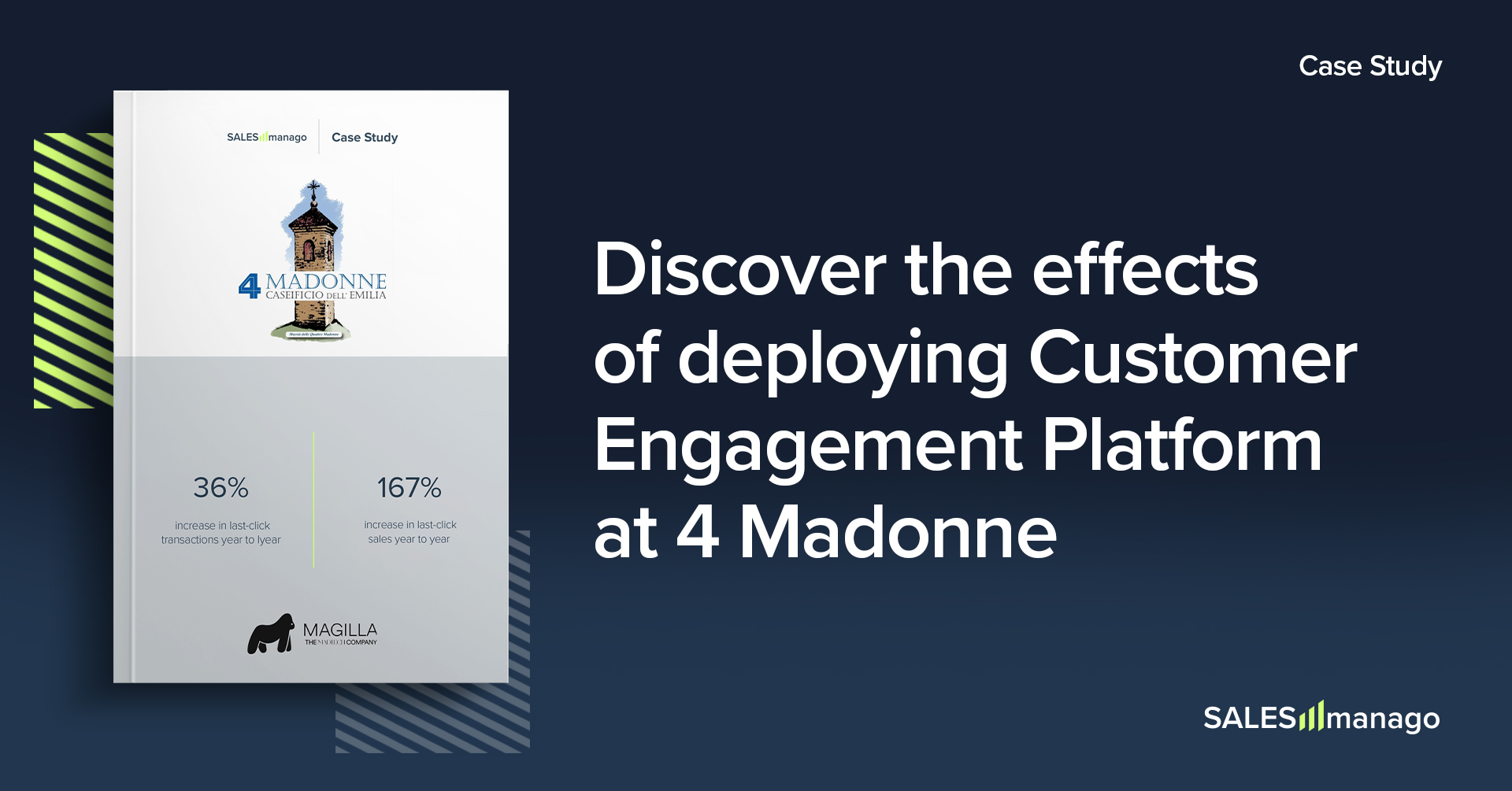

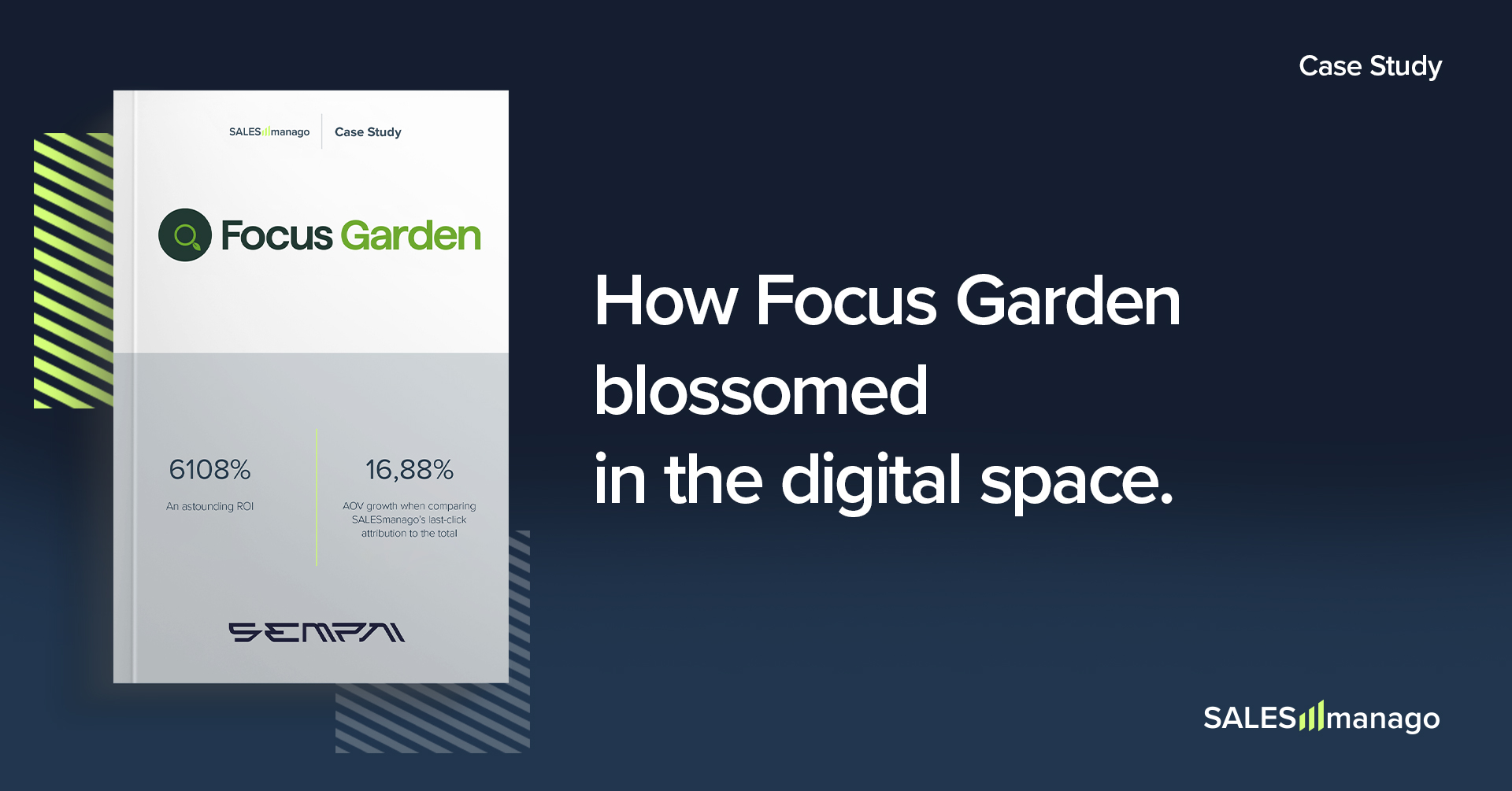



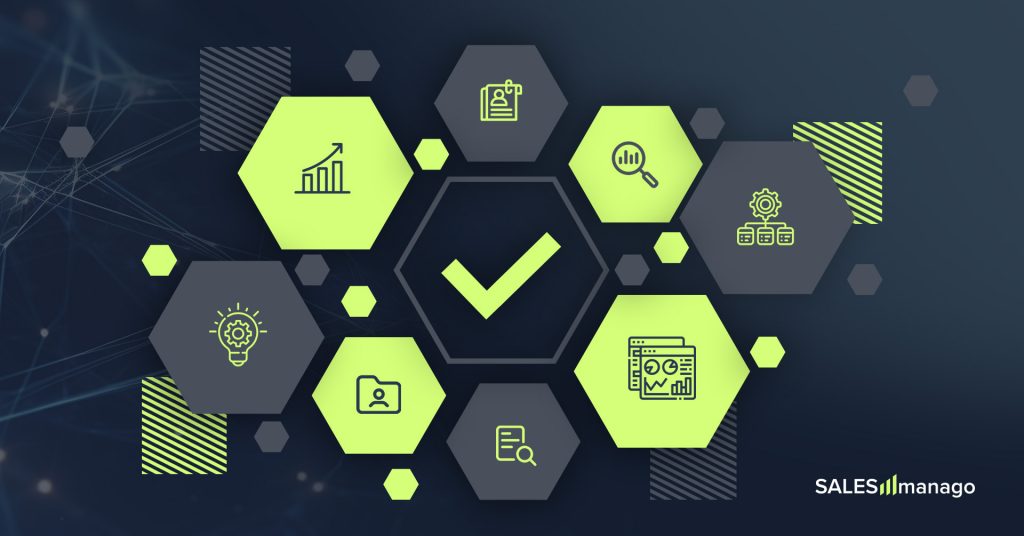

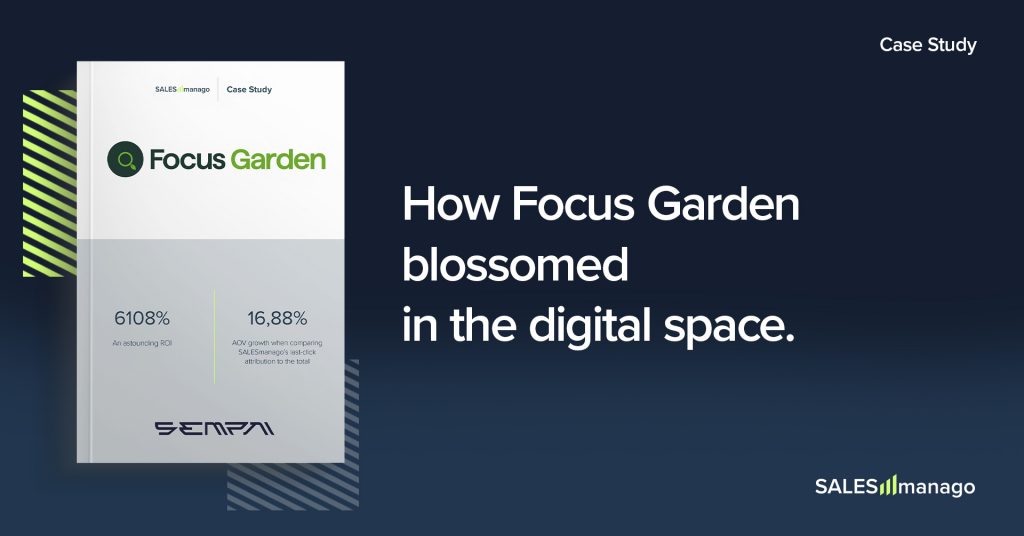


![[New Feature] Shine the light on your hidden visitors with Spotlight](https://blog.salesmanago.com/wp-content/uploads/2024/04/1-9-1024x536.png)
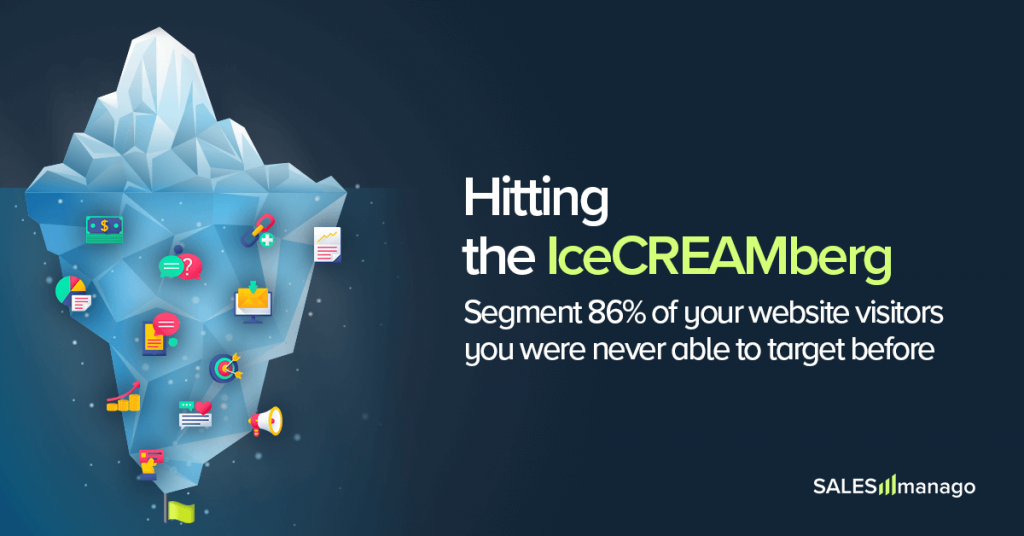
![[New Feature] Unlock Deep Behavioral Personalization with Product Collections](https://blog.salesmanago.com/wp-content/uploads/2024/03/1-3-1024x536.png)
